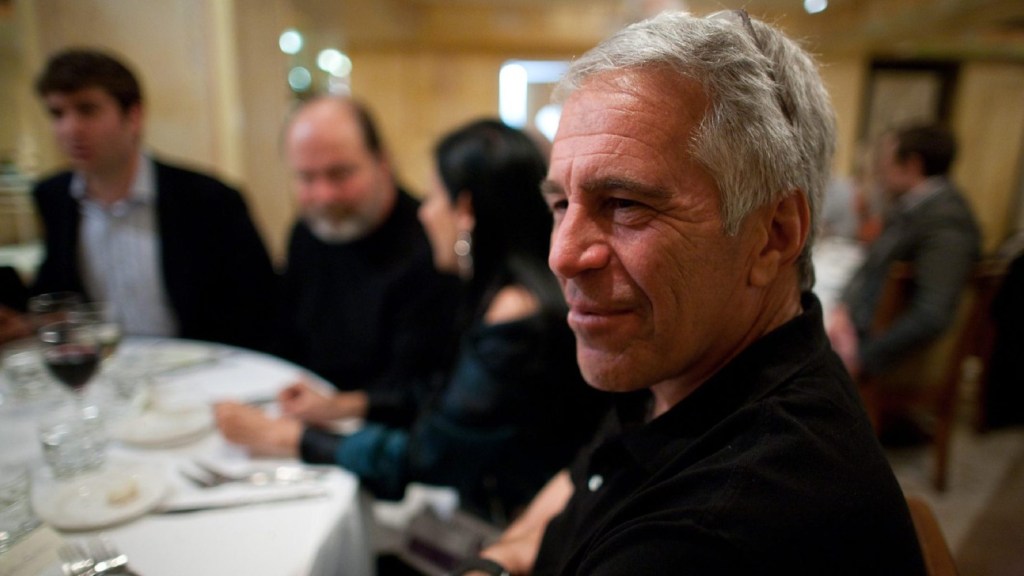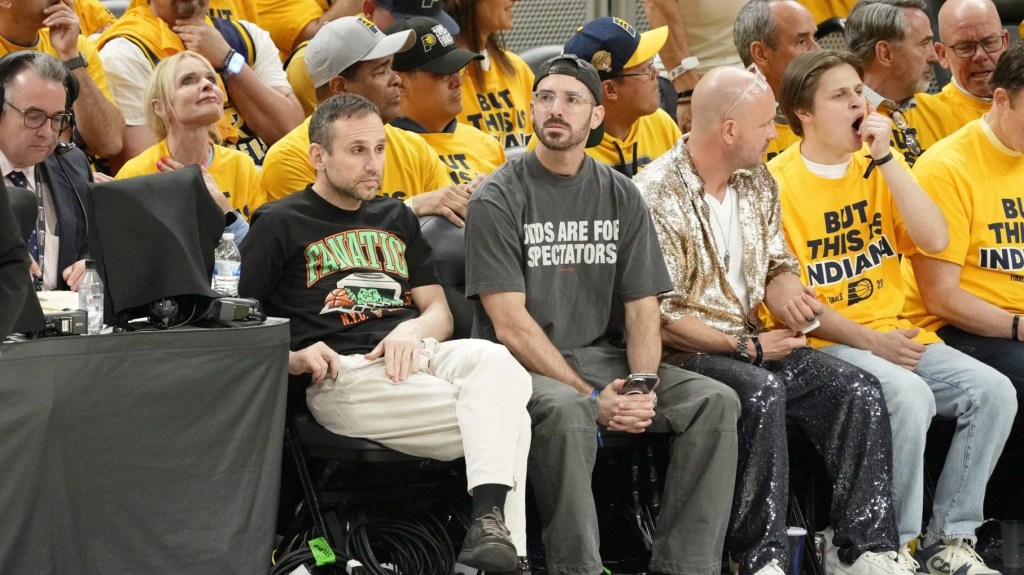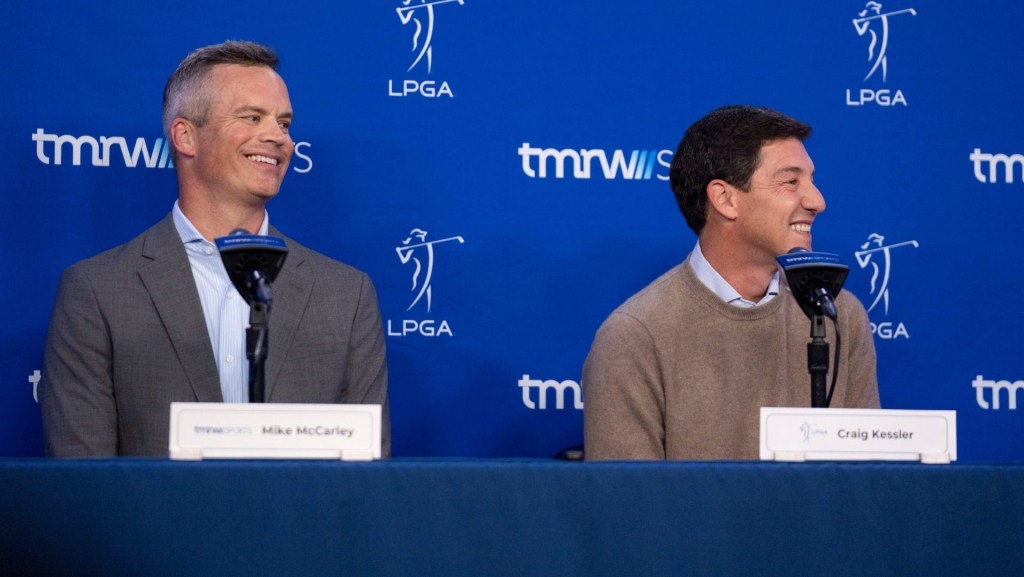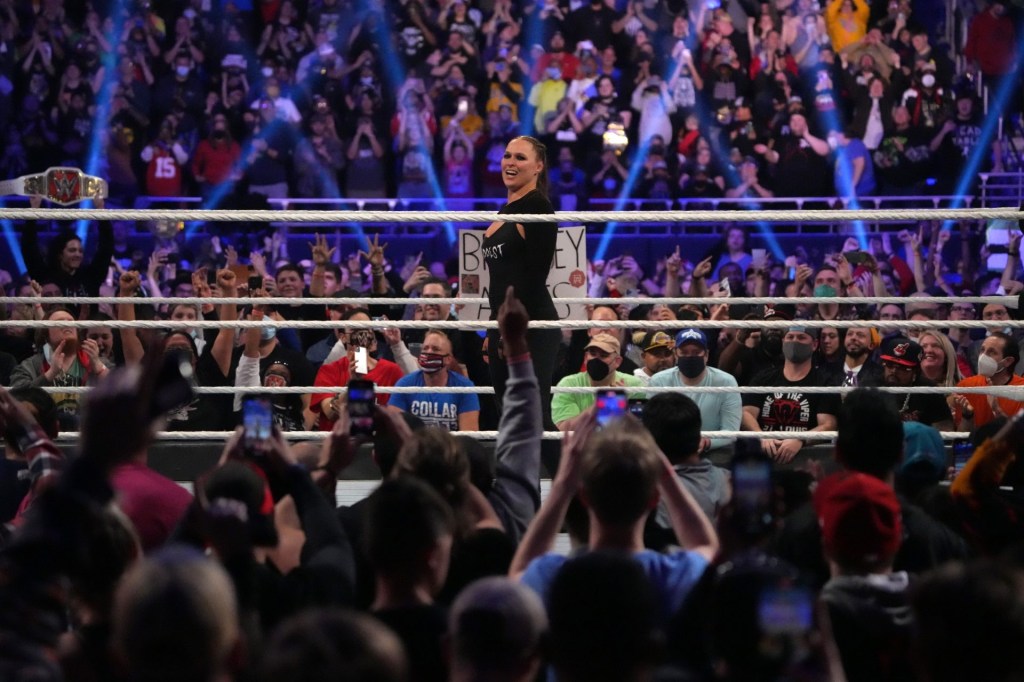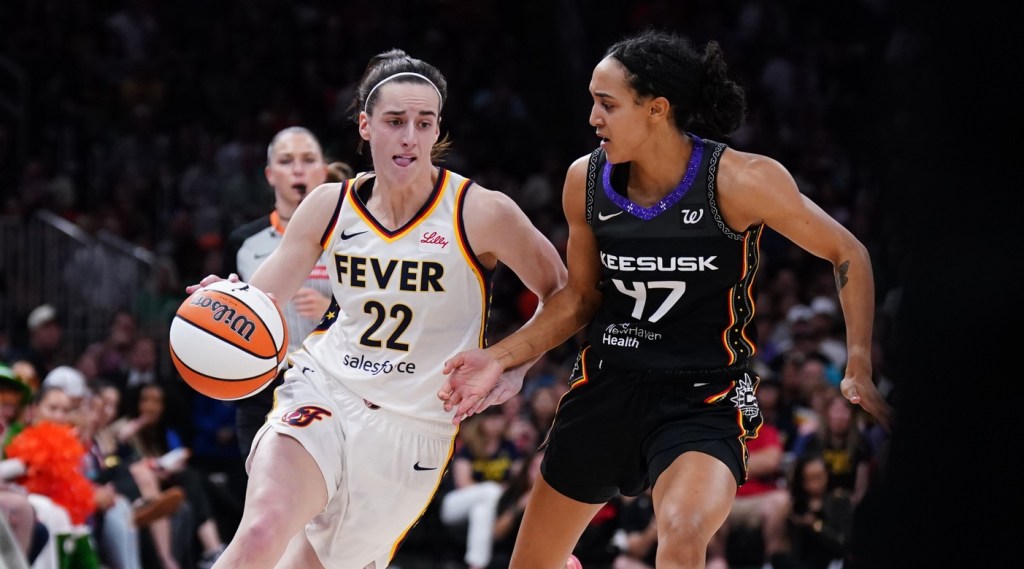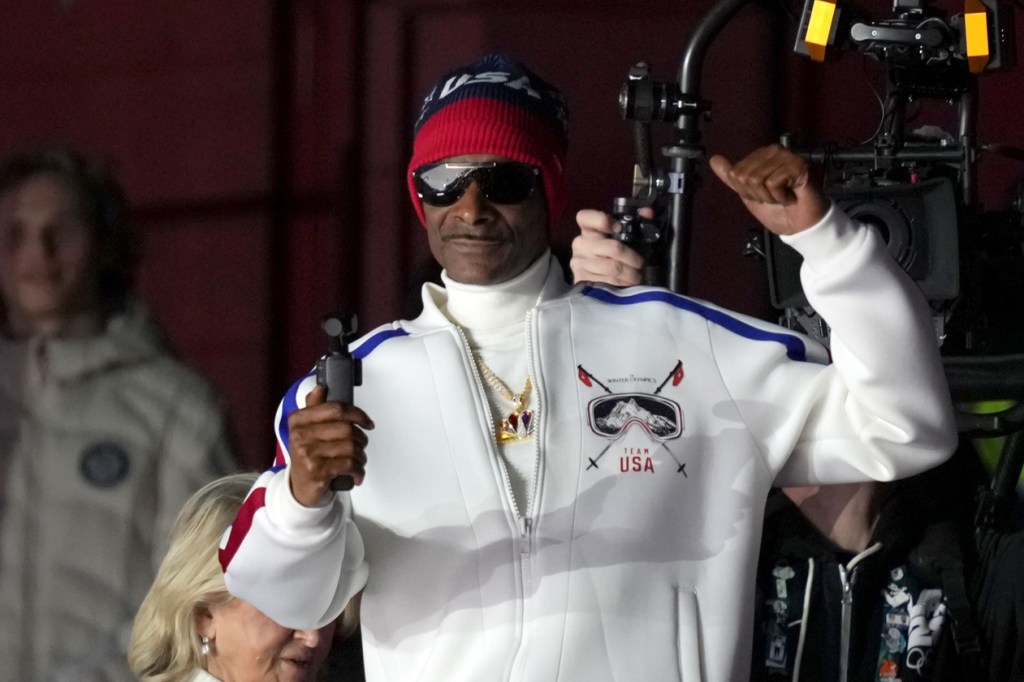Paramount’s seven-year, $7.7 billion deal for the U.S. media rights to UFC represents a purposeful overpay with the aim of finding a foothold in the world of live sports.
The landmark agreement runs through 2032 and represents a huge jump from UFC’s previous media-rights deal with ESPN, reached in 2018 and worth $1.5 billion over five years. The deal does not include international media rights, a market Paramount may still pursue, with chairman and CEO David Ellison noting in the press release, “We look forward to delivering this premium content to millions of fans in the U.S., and potentially beyond.”
Until very recently, leadership at TKO, parent company of UFC, thought it was closing in on a deal to sell just the Fight Night events to Paramount, while the marquee numbered events would be sold to another media partner like Netflix or Amazon.
After the Skydance-Paramount merger closed Aug. 7, however, discussions ramped up and the deal announced Monday was negotiated in just 48 hours, Mark Shapiro, president and COO of TKO, told CNBC.
Thus far, the market’s reaction to the deal has been mostly positive. Paramount Skydance stock is up about 20% over the last five days—hitting a high of just under $17.50 per share. As of Thursday morning shares were trading at a little over $14.
Part of a Long-Term Strategy
Some analysts say there’s no question this represents an overpay, but one done on purpose as part of a long-term strategy to increase subscribers for its streaming service, Paramount+.
Under the new deal, Paramount will pay an average of $1.1 billion annually—although the deal is structured so that annual payments will get bigger on the back end. That’s double the $550 million ESPN had been paying annually.
“We think Paramount overpaid for these rights,” Morningstar analysts wrote in a research note, but added that the deal can “only be judged as part of a bigger vision.”
According to Bobby Hacker, longtime VP of business and legal affairs for Fox Sports, that bigger vision appears to be staking a claim in the sports world.
“In the bigger picture, paying double what was being paid might seem absurd, but it could be the hook for subscribers,” Hacker tells Front Office Sports.
Morningstar analyst Matthew Dolgin shared a similar sentiment, telling FOS that while the deal doesn’t appear “financially beneficial” for Paramount, “that doesn’t mean putting this imprint as a first move in a larger strategy—even if you take a little loss on the outset—won’t help build something bigger.”
“It remains to be seen, though,” he says. “I’m skeptical that this in and of itself will be a huge catalyst.”
Morgan Stanley analysts called the deal “a major financial commitment” for Paramount, albeit one that “fits within the new management team’s priorities—streaming, sports, and studios.”
J.P. Morgan analysts described the deal as “a surprise,” saying investors likely thought there might be a “partial role” for Paramount with UFC’s rights distribution, as opposed to a “full buyout.”
The NFL and NBA, for example, split up their media rights across multiple partners. The NFL is expected to opt out of its current 11-year, $111 billion media-rights arrangement with partners Amazon Prime Video, CBS, ESPN, Fox, and NBC after the 2029 season (the deals are supposed to run through the 2033 season), while the NBA’s new $77 billion media-rights deal, which kicks in next season, is with Disney, NBC, and Amazon.
UFC just sold all of its U.S. media rights to one entity, Paramount.
Similar to Morgan Stanley, J.P. Morgan noted the agreement is “consistent” with plans laid out by then-new Paramount chair and CEO David Ellison last July, that the company would be “opportunistic on sports rights coming to market.”
The bigger plan for Paramount may already be taking shape. FOS reported Tuesday that the company is in advanced talks to buy another TKO property, Zuffa Boxing—an upstart boxing promotion spearheaded by Saudi official Turki Alalshikh, UFC president Dana White, and WWE president Nick Khan.
MLB is also marketing a short-term package of rights that is being abandoned by ESPN, and CBS Sports president and CEO David Berson said during a Tuesday event to preview the network’s 2025 NFL coverage that “there are a lot of baseball fans around here, including some of our new management.”
According to Morningstar’s Dolgin, while it’s true that sports rights “are going up and up,” MLB can’t simply point to the UFC deal and tell Paramount, or other potential suitors, to pay up.
“Sports cannot be classified so broadly,” he says. “Every league is unique to itself. UFC is different from MLB, both in terms of trajectory and popularity. To me, MLB’s negotiating stance is not different because of the UFC deal.”
‘Highly Successful’ Rights Renewal for UFC
Analysts agree the deal is a boon for UFC. Morgan Stanley said in a note that “big picture, this is a highly successful rights renewal for the UFC in our view.” They also noted that “long-term, this agreement should meaningfully broaden the reach of the UFC,” in part because the organization’s premium fight cards will move from the “double paywall” of needing an ESPN+ subscription and buying the pay-per-view to “the national reach” of CBS (Paramount owns CBS).
Further, Morgan Stanley noted UFC’s value has “quadrupled” to between $15 billion and $16 billion since the $4 billion sale of a majority stake in the business in 2016.
J.P. Morgan similarly said the deal is “largely positive” for TKO, and that the agreement—widely viewed as a death knell for pay-per-view—”should widen the reach for numbered events substantially.” The analysts at J.P. Morgan said the average annual value of the contract of $1.1 billion is “favorable to our $925 million forecast,” and that UFC has the potential to make even more money because it will receive two minutes of advertising inventory per hour of streaming or broadcast content.
Was Trump Involved?
There’s a ton of connective tissue between the Trump Administration, UFC, and Paramount. The CBS Sports parent recently reached a $16 million legal settlement with President Donald Trump, a move seen as an attempt to placate the president, so the $8 billion merger with Skydance could close ahead of football season without intervention from the federal government.
“I don’t think it’s a coincidence this happened on the heels of that deal closing,” says Dolgin.
Meanwhile, UFC president Dana White, who is close with Trump and the administration, is in talks to host a mixed-martial-arts competition on White House grounds. If it happens, that event could be streamed on Paramount+.
This has all led to speculation that Trump may have had influence on Paramount ponying up so much dough to land UFC’s U.S. media rights, even if only indirectly as Paramount tries to ensure no further fights with the administration.
Former Marlins executive-turned-podcast-host David Samson said outright on The Ariel Helwani Show that “to me it’s very clear” Trump knew about the deal ahead of time. “It would be almost a fiduciary irresponsible act for Dana to go forward, or [TKO CEO] Ari Emanuel, for anyone, to go forward and not involve the president,” he said.
Connective tissue doesn’t necessarily mean conspiracy, however.
Hacker, who now runs his own legal and sports media consulting business, tells FOS the idea that Paramount made this UFC push in part to try to continue staying on Trump’s good side “might be a bit too conspiratorial.”

![[Subscription Customers Only] Jul 13, 2025; East Rutherford, New Jersey, USA; Chelsea FC midfielder Cole Palmer (10) celebrates winning the final of the 2025 FIFA Club World Cup at MetLife Stadium](https://frontofficesports.com/wp-content/uploads/2026/02/USATSI_26636703-scaled-e1770932227605.jpg?quality=100&w=1024)
